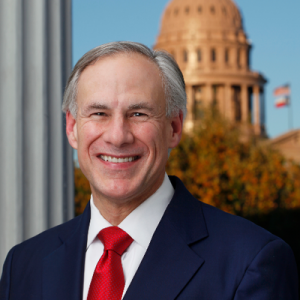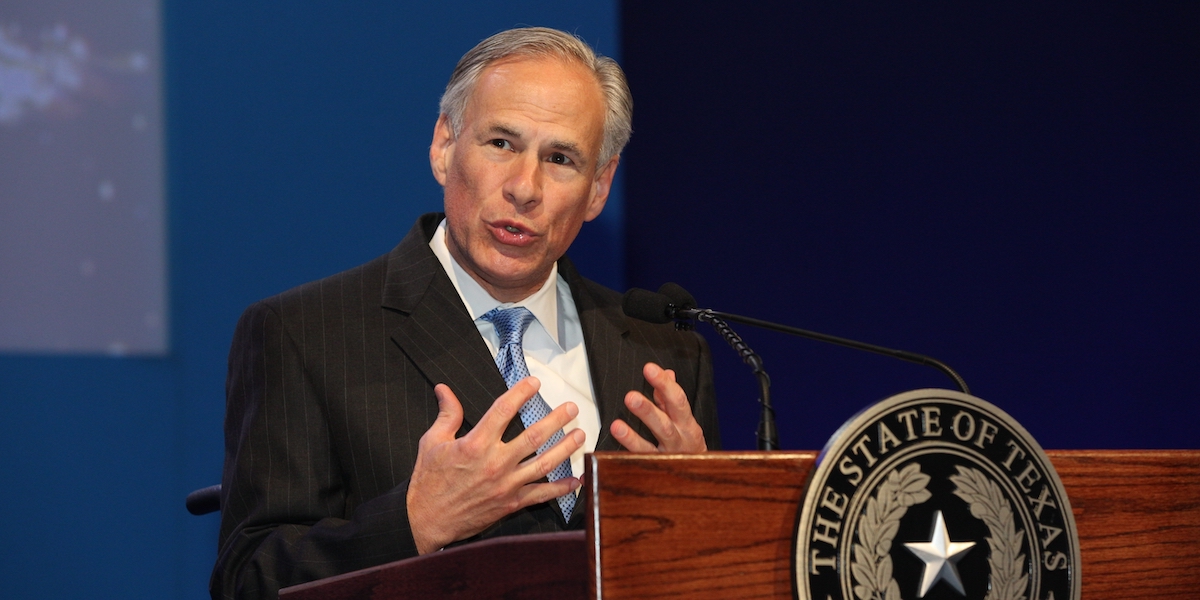
Washington, D.C., March 21 – Nationwide 111,804 people with disabilities got new jobs last year, including 3,796 new jobs in the Lone Star State. Texas now ranks 23rd in the nation based on the employment rate of people with disabilities. Out of 1,622,962 working-age (18-64) Texans with disabilities, 647,977 have jobs. The newly published 2018 Annual Disability Statistics Compendium shows Texas has an employment rate of 39.9 percent for people with disabilities. Further analysis by the nonpartisan advocacy group RespectAbility shows that Texas’ disability employment rate has steadily increased over the past two years.
Texas Governor Greg Abbott, himself a person living with a disability, has long proclaimed his state’s commitment to advancing opportunities for people with disabilities. “The often used slogan for the Lone Star State’s approach to commerce is that ‘Texas is wide open for business,’” the Governor wrote in a proclamation for National Disability Employment Awareness Month. “This openness and dedication to inclusivity has been a major part of the foundation for our strong economy. Thus, it is crucial for this diversity to extend beyond our business climate to the hardworking men and women who make up the indomitable Texas workforce.”
Just this month Gov. Abbot issued a proclamation recognizing March as Developmental Disability Month. He emphasized the broad implications of making inclusion a reality in his state. “Texas is stronger when people of all abilities are included in community life. Students with disabilities who are included in the classroom with their nondisabled peers have the opportunity to achieve their full potential,” the Governor wrote. He went on to add, “when inclusion happens, communities in Texas are stronger.”
Former Congressman and current Chairman of RespectAbility Steve Bartlett echoes Gov. Abbott’s sentiments. “Our nation was founded on the principle that anyone who works hard should be able to get ahead in life,” he said. “People with disabilities deserve the opportunity to earn an income and achieve independence, just like anyone else.”
A National Issue
Beyond Texas, how is the workforce changing for people with disabilities? What is driving these changes? The answer is simple. According to Vincenzo Piscopo of the Coca-Cola Company: “People with disabilities bring a unique skill set that it is very valuable for companies.” He went on to add, “As it relates to employment and competitiveness in the workplace, we have to stop thinking of disability as a liability and start thinking of it as an asset.”
Brand-name companies such as JP Morgan Chase, Coca-Cola, Ernst & Young, IBM, Walgreen’s, Starbucks, CVS and Microsoft show people with disabilities are successful employees. These companies also know that these workers improve the bottom line. “People with disabilities bring unique characteristics and talents to the workplace,” said RespectAbility President Jennifer Laszlo Mizrahi. “Hiring people with disabilities is a win-win-win for employers, people with disabilities and consumers alike.”
As more companies hire employees with disabilities, conversations are shifting to focus on inclusion. “Disability inclusion is no longer about automatic doors, curb cuts, ramps, and legislation,” says Jim Sinocchi, Head of the Office of Disability Inclusion at JP Morgan Chase. “Today, the new era of disability inclusion is about “assimilation” – hiring professionals with disabilities into the robust culture of the firm.”
According to the Census Bureau, there are more than 56 million Americans living with a disability. Disabilities include visible conditions such as spinal cord injuries, visual impairments or hearing loss and invisible disabilities such as learning disabilities, mental health or Autism.
An Election Issue
Voter research conducted by RespectAbility shows how disability issues connect to all aspects of American life. “Fully three-quarters of likely voters either have a disability themselves or have a family member or a close friend with disabilities,” added former Dallas Mayor and long-time disability community supporter Steve Bartlett. “People with disabilities are a politically active, swing vote, and candidates should take note of important issues they care about.”
As 2019 moves into 2020 and the political campaign season heats up, continuing job growth for people with disabilities will be a crucial indicator of the health of the American economy.

Be First to Comment